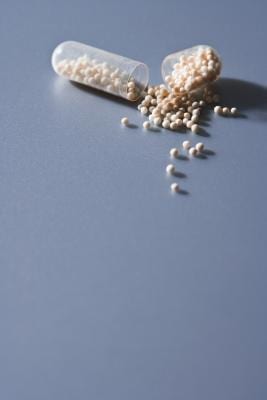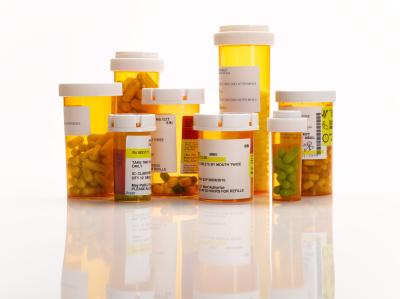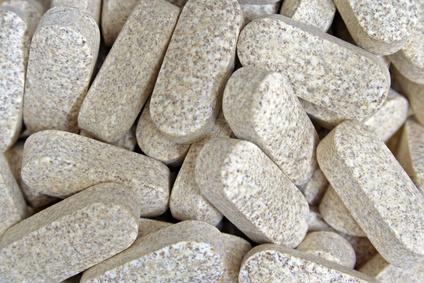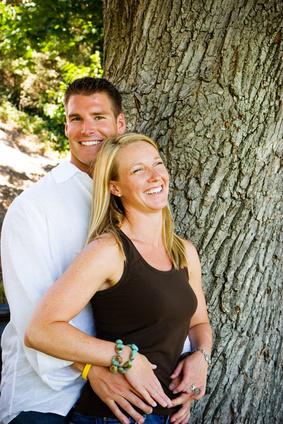Search Results for: marketing declare
Diet Pill Recalls
The FDA routinely issues press releases announcing the recall of various weight loss supplements. In December 2010, the Authentic Formula Fruta Planta, an herbal weight loss supplement, was pulled from the market because it contained a controlled substance called sibutramine. However, this diet pill recall is one of only many issued by the FDA. You can’t really know what your diet pills contain because the majority of these are classified as dietary supplements — not drugs.
What Diet Pills Are as Effective As Prescription Drugs?
Nonprescription diet pill makers have an impressive array of marketing tools at their disposal. Manufacturers behind print ads, Internet websites and infomercials may claim their product is just as effective as a prescription drug for less cost and without the hassle of getting your doctor’s approval. However, diet pills that claim to be just as effective as weight loss drugs approved by the U.S. Food and Drug Administration may not work — and they can also compromise your health.
Is Male Enhancement Safe?
The availability of prescription medications to treat erectile dysfunction in men hasn’t led to a decrease in advertisements for herbal male enhancement supplements, many of which are marketed online. The “all natural” aspect of these pills–which are treated as dietary supplements by the Food and Drug Administration (FDA)–may suggest that they are perfectly safe. However, consumer watchdog organizations, such as the Center for Science in the Public Interest (CSPI), say they probably aren’t.
About Natural Male Enhancement
Photographs of smiling couples, captured in an intimate embrace, gaze at you from your computer screen convincingly. Such are the marketing tactics for natural male enhancement products that proliferate the Internet and interrupt your late-night television programs. If the man in your life is eyeballing these products, you should know that not only are natural male enhancement pills unlikely to do what they claim; the National Center for Complementary and Alternative Medicine (NCCAM) says they could even be dangerous.




